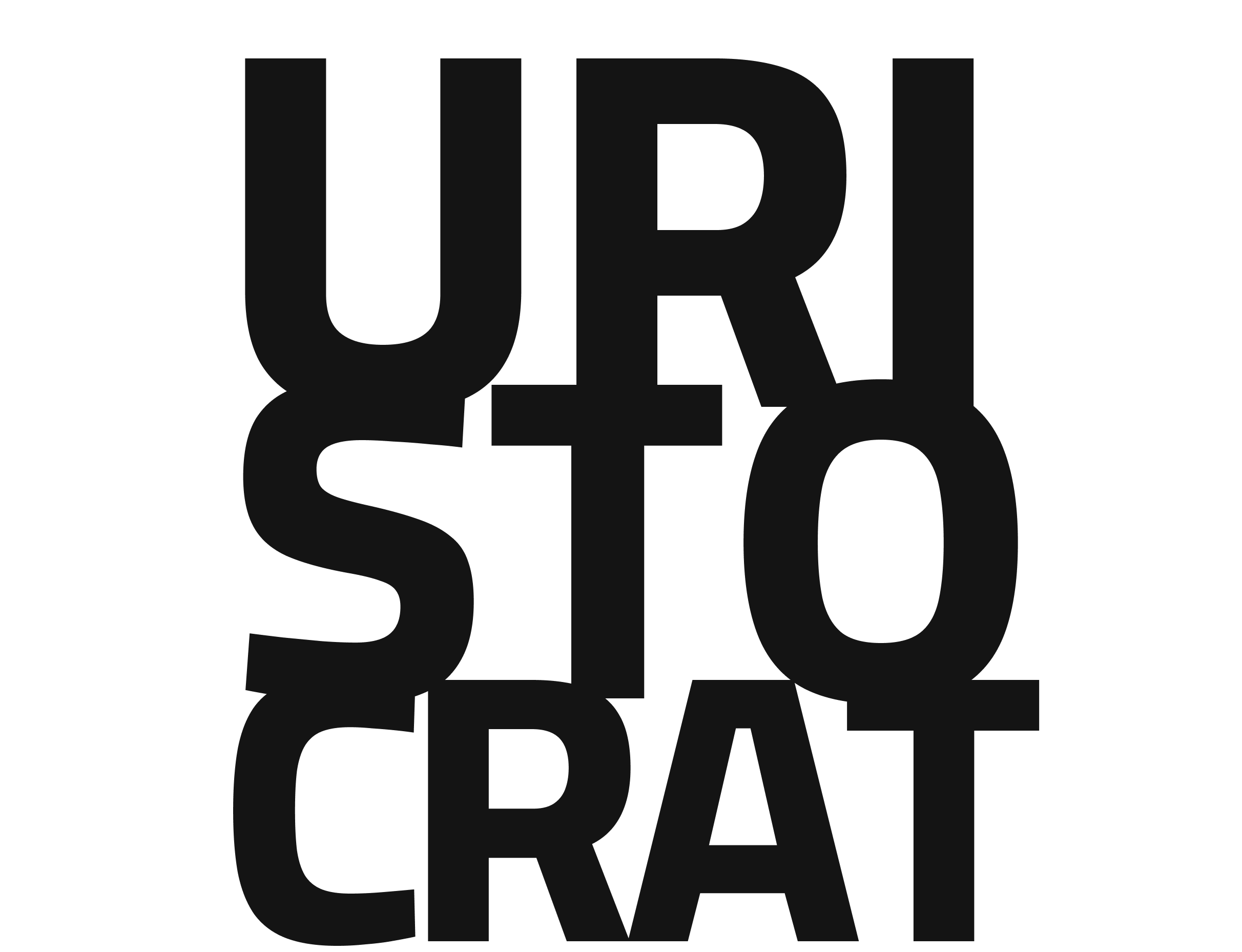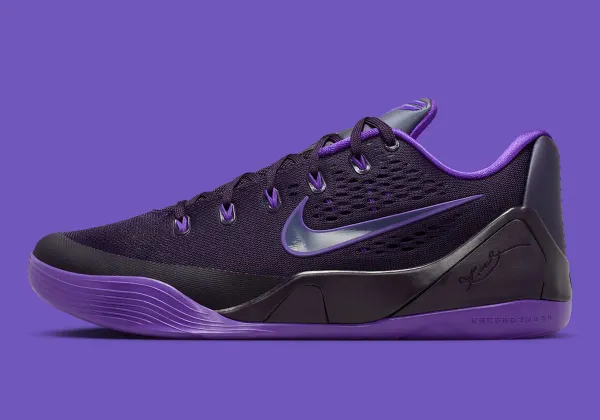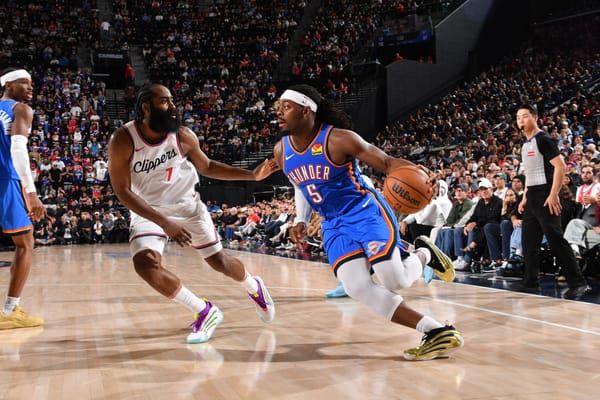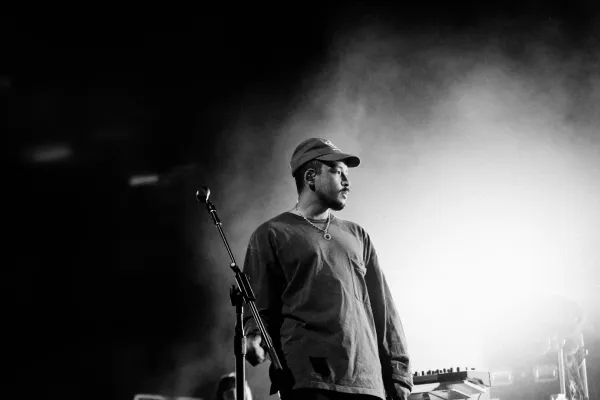Release Day: Amaarae, Janelle Monáe
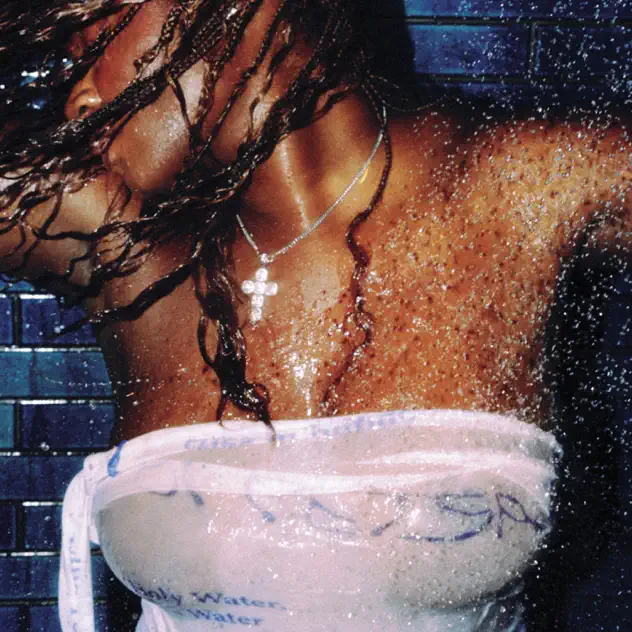
Amaarae "Fountain Baby"
About "Fountain Baby"
Conforming to the expected has never been Amaarae’s strong suit. And it should come as no surprise that the Ghanaian American artist would create a sonic otherworld where the trappings of R&B, hip-hop, Afropop, punk, and alternative rock mesh with globe-trotting instrumentation and exist harmoniously without question on her album Fountain Baby. The result? A culmination of what a transnational pop star is in 2023—boundless.
Fountain Baby lends its credence to Amaarae’s continued quest for growth and mastery, but not in a contrived way. There are pockets of carefully crafted yet carefree melodies like the dreamy “Angels in Tibet” and sultry “Reckless & Sweet.” On “Counterfeit,” the singer-songwriter swiftly glides with confidence on production by KZ Didit that’s reminiscent of an early-2000s movie soundtrack. “Wasted Eyes” opens with a quick koto solo and progresses as Amaarae soliloquizes about a wounded romance. The 14-track solo project pushes the ante of its 2020 predecessor, The Angel You Don’t Know, towards newer heights.
Janelle Monáe ‘The Age of Pleasure"
About "The Age of Pleasure"
“No, I'm not the same/I think I done changed,” Janelle Monáe raps with a swagger on “Float,” the opener for her fourth LP, The Age of Pleasure. Over powerful brass—courtesy of Seun Kuti and Egypt 80—and heavy-lidded 808s, the singer-songwriter introduces listeners to another side of herself where she embraces the present. “Those lyrics for 'Float,' I was like, I have to put this out now,” she tells Apple Music. “This is exactly, how do I honor how I'm feeling and who I am now. I'm not thinking about the future, but right now, because this is all we have right now.”
Where Monáe's previous records were character-driven—set in a complex futuristic world filled with androids—and explored themes about power, race, and humanity, The Age of Pleasure highlights a new era of liberation that sheds her Afrofuturist persona in favor of an unmasked exploration of her own sensuality and deservedness to feel good above all else. Monáe creates a safe space within the album's 14 tracks where people can relax into themselves and express their queer identities, sexuality, and unapologetic Blackness. “We had an Everyday People Wondaland party, and I was like, Oh, this is who I want to make music for,” she says. “This moment right here, I want to make the soundtrack to this lifestyle. They get it. This is what we fight to protect. All of my work that centers around protecting my communities that I'm a part of, from the LGBTQIA+ communities to being Black to all of that.”
The Age of Pleasure is a love letter to the Pan-African diaspora. Monáe trades in her previous albums' New Wave indie-electronic beats for an effortless fusion of jazz, dancehall, reggae, trap, and Afrobeats. The first half features tightly produced jazz- and funk-inspired tempos and rhythms over which she flexes her accomplishments (“Champagne Shit”) and proudly celebrates herself (“Float,” “Phenomenal,” “Haute”). The album's second half switches gears with midtempo, reggae-influenced sounds and Monáe indulging her carnal desires. “I like lipstick on my neck/Hands around my waist so you know what's coming next/I wanna feel your lips on mine/I just wanna feel/A little tongue, we don't have a long time,” she sings on “Lipstick Lover,” a seductive, summery groove that is a joyous celebration of queer Black sexual liberation. She uses water metaphors to underscore her euphoric pleasure-seeking on “The Rush” and “Water Slide,” while “Only Have Eyes 42” is an ode to polyamory, with more than one lover at the center of Monáe's affections.
Ultimately, on The Age of Pleasure, Monáe taps into her “free-ass motherfucking spirit,” as she calls it, and delivers an album that honors the space that she's currently in—unabashed and proud of who she is. “My friends have gotten an opportunity to see a different side of me that nobody gets to see, and this album, this moment that I'm having, I'm allowing myself to show that version of Janelle that friends get to see all the time,” she says. “I want to own all of me and be all of me.”
